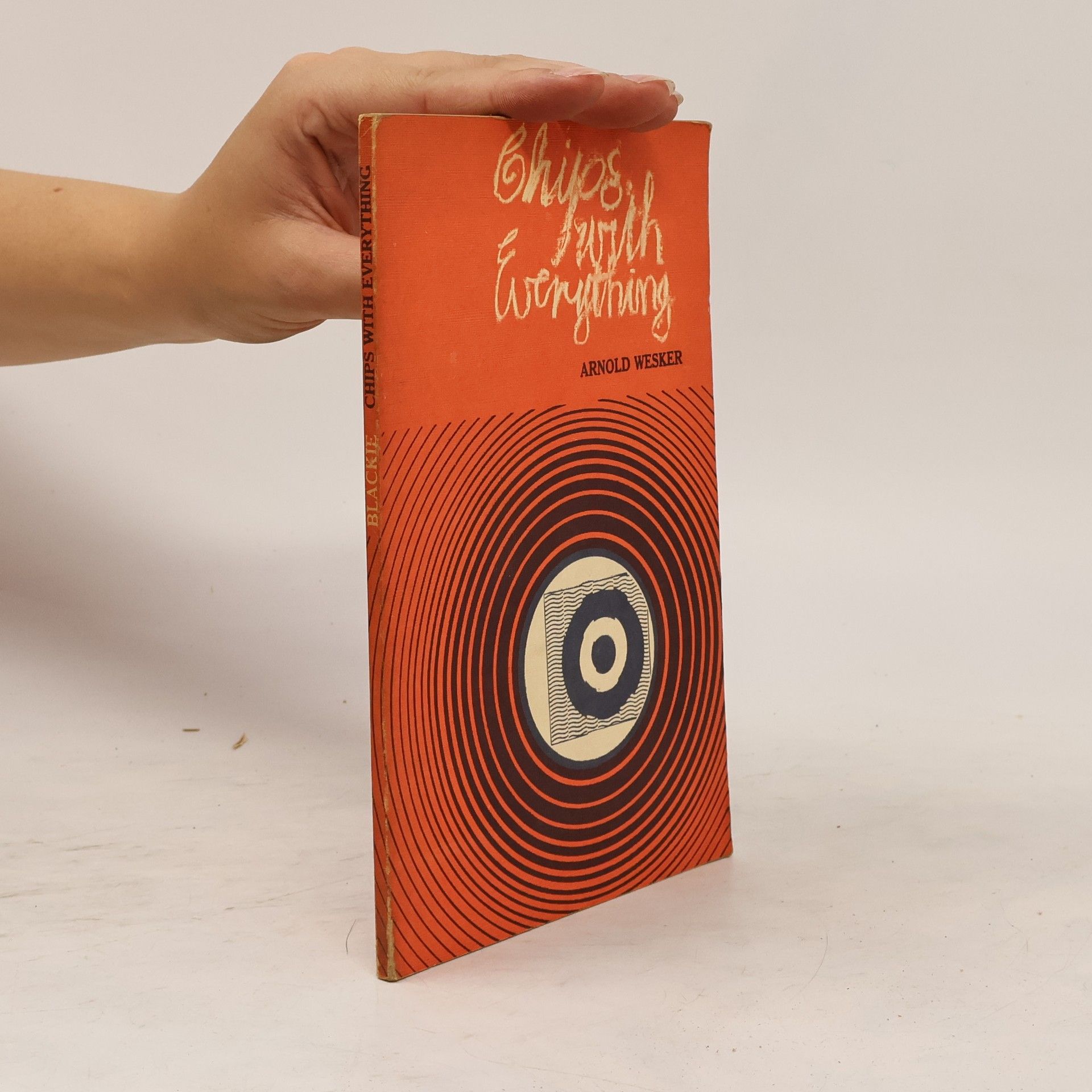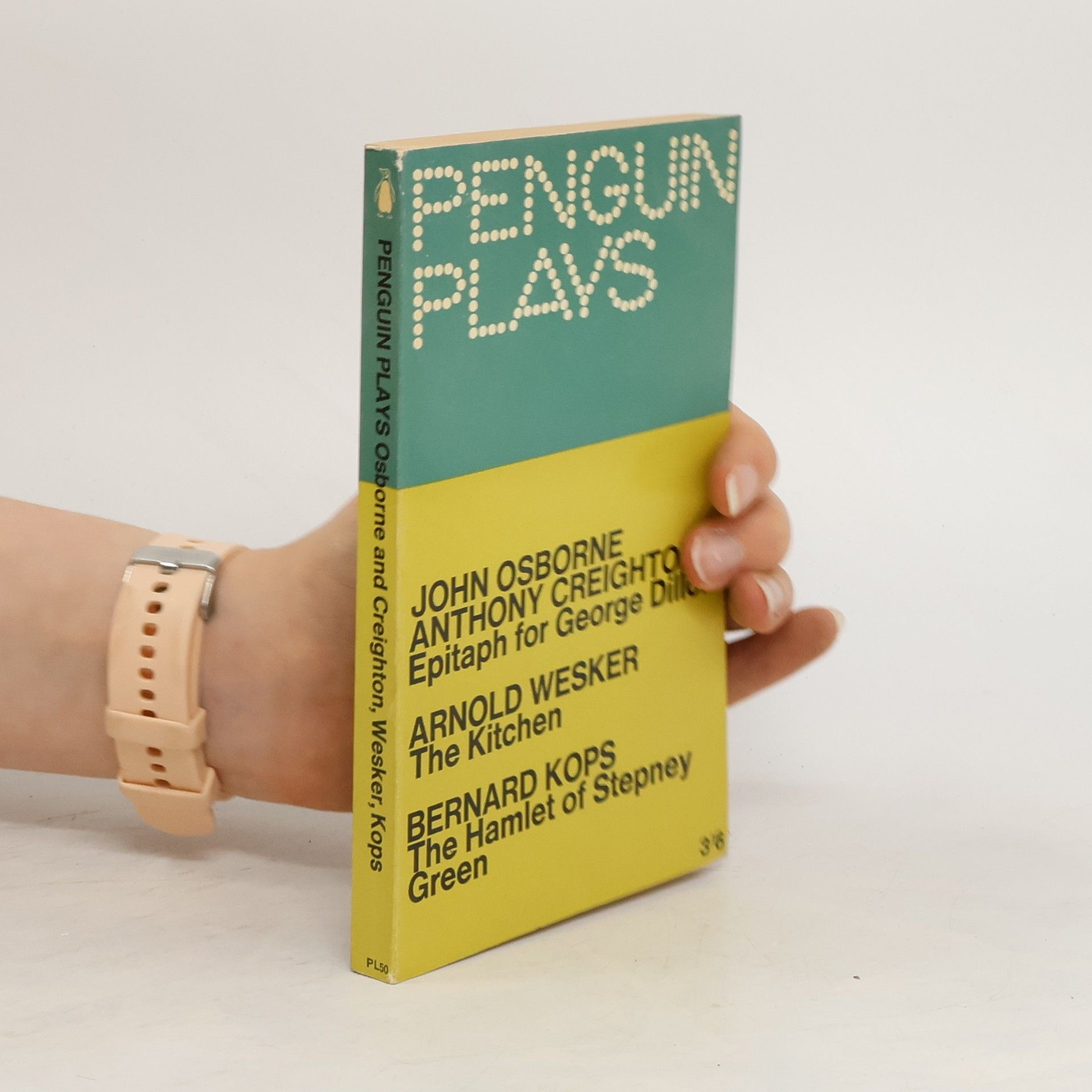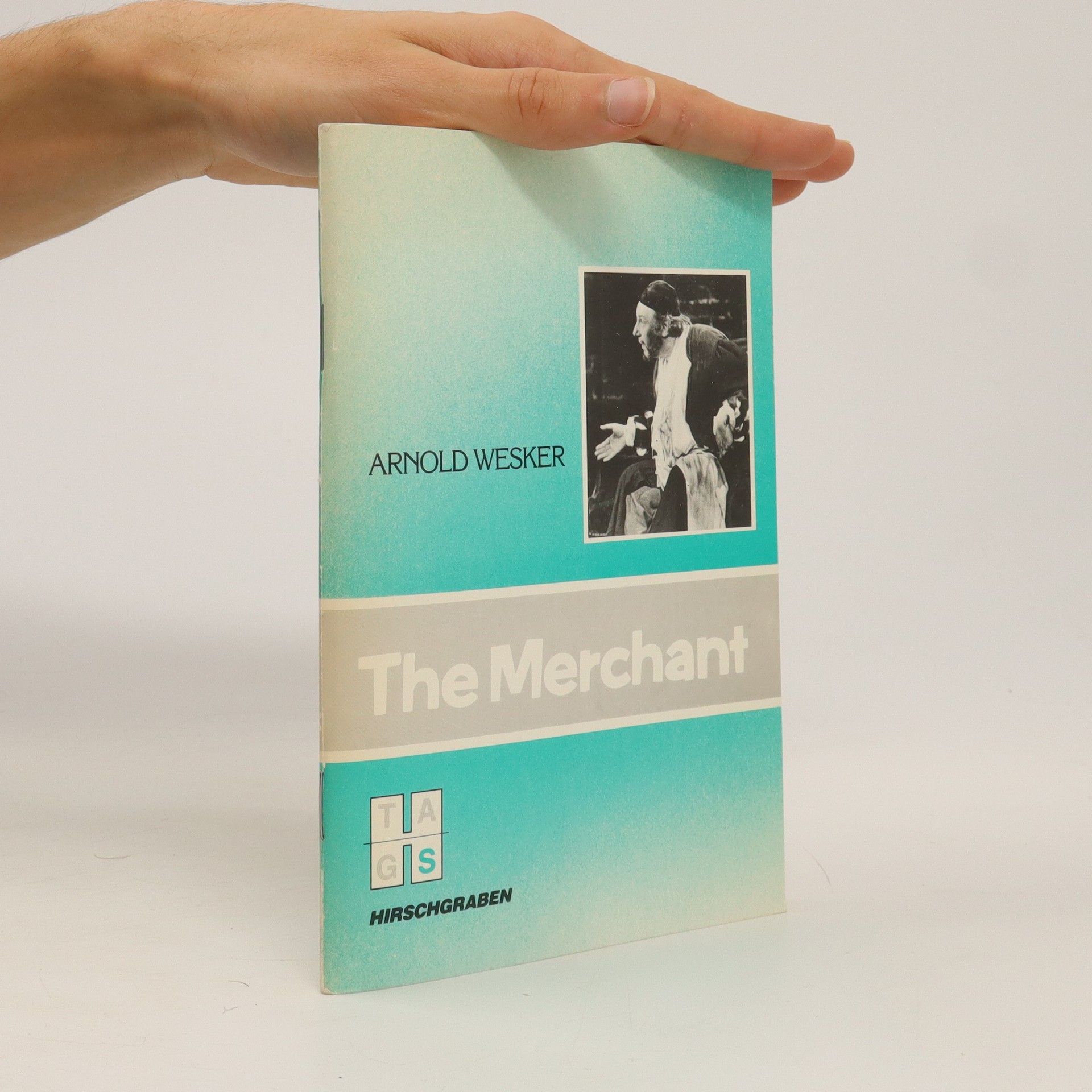Knížka obsahuje pět povídek,které autor napsal v sedmdesátých letech: Muž, který nebude nikdy psát jako Balzac Řekl stařec mladíkovi Sazka Muž, který se začal bát Milostné dopisy na modrém papíru
Arnold Wesker Knihy
Britský dramatik proslulý svým přínosem světovému divadlu. Jeho hry, přeložené do 17 jazyků, zkoumají hluboké lidské touhy a společenské otázky s neotřelou upřímností. Weskerův osobitý styl a pronikavý pohled na svět z něj činí autora, jehož díla rezonují napříč kulturami i generacemi.





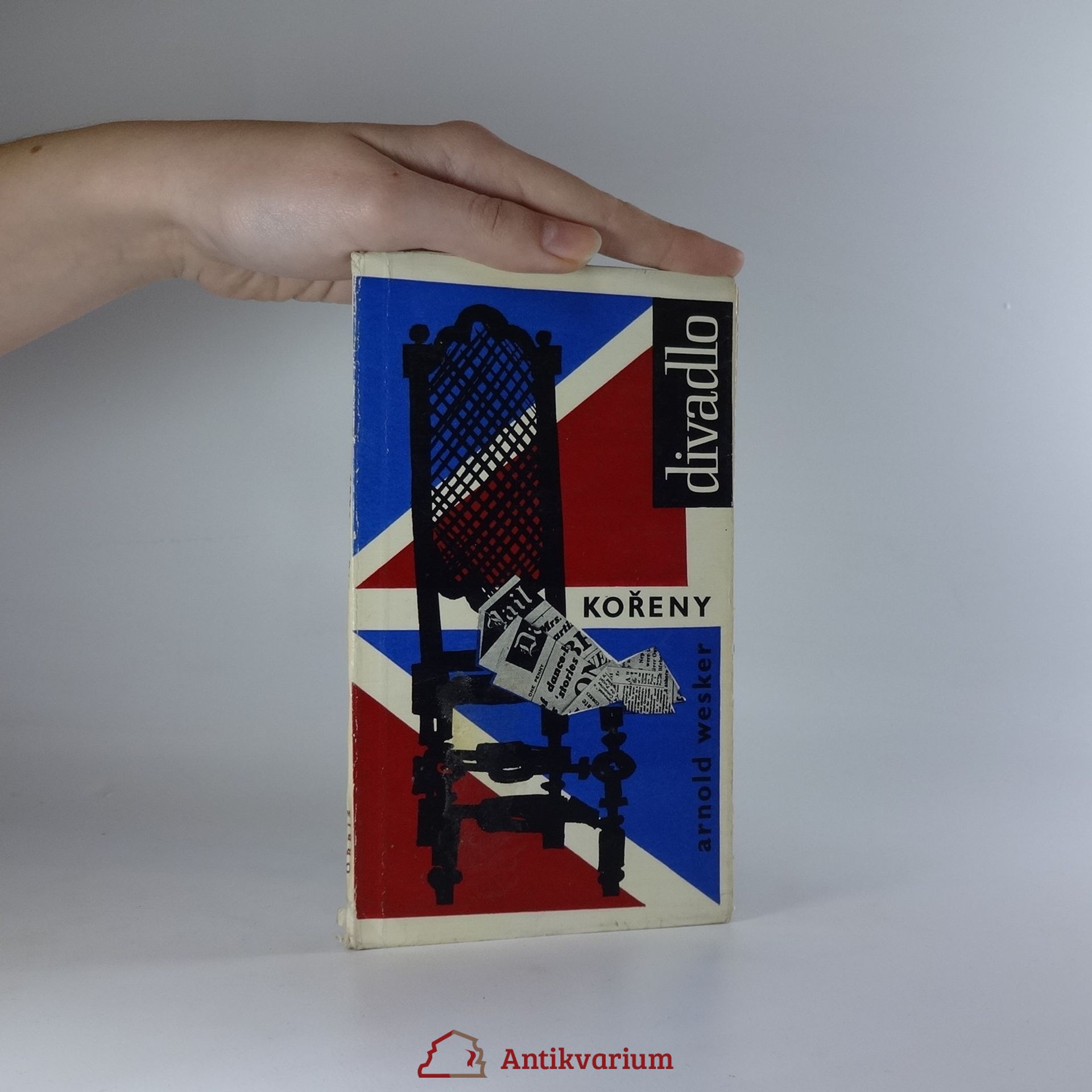
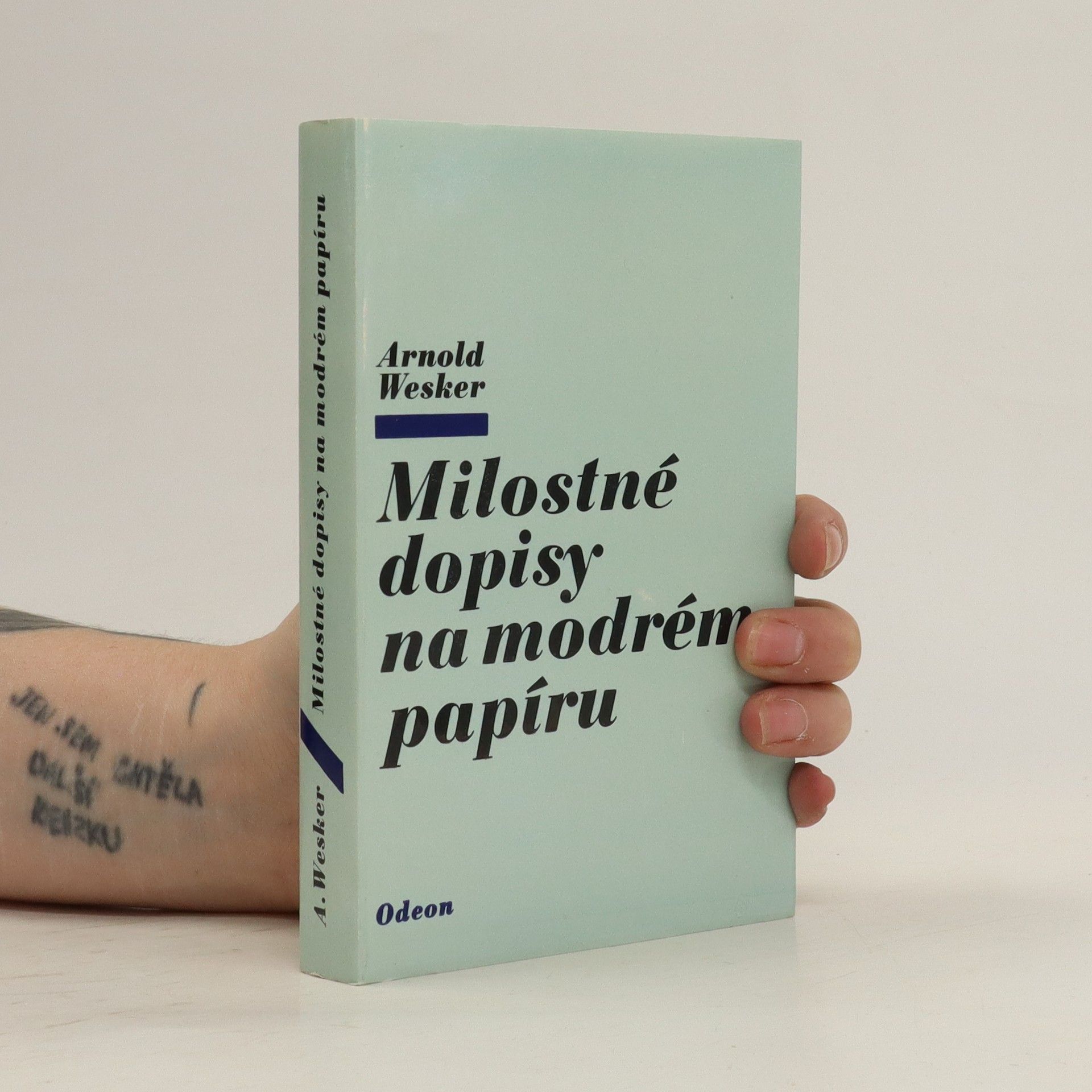
Drama o třech jednáních. Prostřední díl dramatické trilogie mladého pokrokového anglického spisovatele. Odehrává se v myšlenkově zatuchlém prostředí anglického venkova, v rodině Bryantů. Hrdinka hry se po návratu z města snaží změnit myšlenkovou pohodlnost rodiny a uplatnit v ní nové,socialistické názory, které převzala od svého milého, hlasatele teorie "přesvědčovacího socialismu".
Say Goodbye: You May Never See Them Again
- 32 stránek
- 2 hodiny čtení
Say Goodbye, You May Never See Them Again Scenes from Two East-end Backgrounds
The Methuen Drama Book of Plays from the Sixties
Roots; Serjeant Musgrave's Dance; Loot; Early Morning; The Ruling Class
- 540 stránek
- 19 hodin čtení
Five outstanding plays from the British theatre of the 1960s. This volume contains major works by five of the most important playwrights ot emerge during the late fifties and early sixties. Bold, challenging and iconoclastic, these plays are landmarks of post-war British theatre. Roots by Arnold Wesker focuses on the homecoming of young Beatie Bryant who returns to her family of Norfolk farm workers with stories of her boyfriend Ronnie. Serjeant Musgrave's Dance by John Arden is set in a mining town in the 19th century, with a group of soldiers returned from a colonial war. But when Musgrave is asked to keep the peace with the colliery workers, he decides to do so in a rather unusual way. Loot by Joe Orton is a brilliant parody of the skeleton-in-the-cupboard crime genre, exploding the very notions of English decency, good citizenry and traditional 'positions'. Edward Bond's Early Morning re-imagines the time of Victoria and Albert caught up in a military coup plotted by Disraeli. Peter Barnes' Ruling Class describes the fall out in an aristocratic family after the 14th Earl commits suicide and leaves his estate to a schizophrenic Franciscan friar who is under the illusion that he is Jesus.
Chicken Soup with Barley is an epic play that spans twenty years in the life of an East End Jewish family and the gradual crumbling of their socialist dream. It vividly captures the loss of political idealism and links the journey of a single family to the wider political situation.The kettle boils in 1936 as the fascists are marching. Tea is brewed in 1946, with disillusion in the air at the end of the war. Twenty years on, in 1956, as rumors spread of Hungarian revolution, the cup is empty.Sarah Khan, an East End Jewish mother, is a feisty political fighter and a staunch communist. Battling against the State and her shirking husband she desperately tries to keep her family together.This landmark state-of-the-nation play is a panoramic drama portraying the age-old battle between realism and idealism. Chicken Soup captures the collapse of an ideology alongside the disintegration of a family. Chicken Soup with Barley, the first in a trilogy that includes Roots and I'm Talking about Jerusalem was first performed at the Belgrade Theatre, Coventry in 1958 and transferred to the Royal Court in the same year.
The Merchant
- 96 stránek
- 4 hodiny čtení
